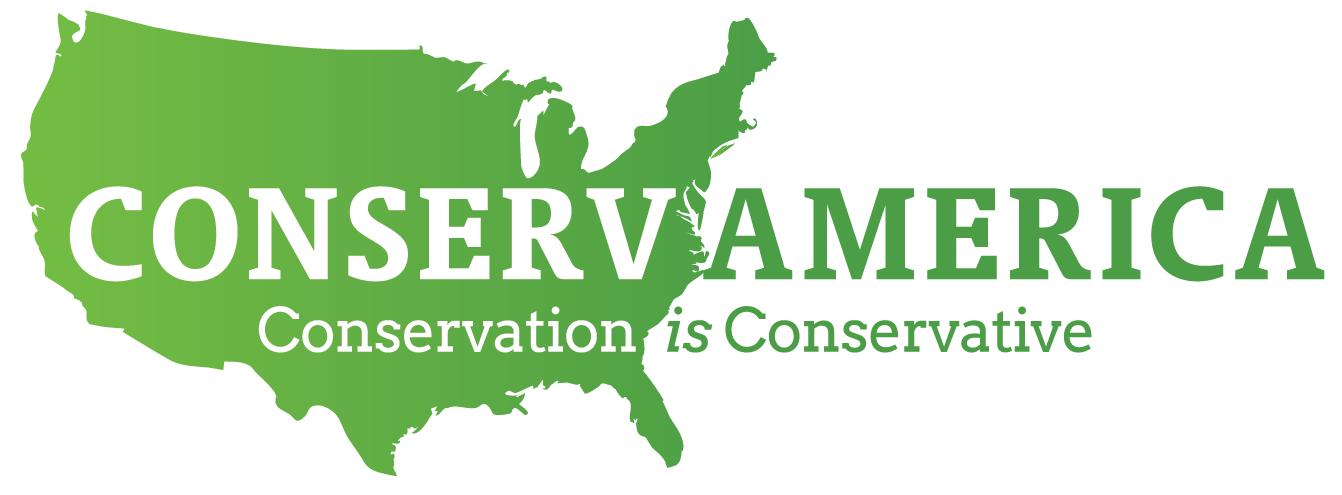Western Governors' Association Holds Annual Winter Meeting
The Western Governors' Association wrapped up its annual winter meeting in Jackson, Wyoming, in early November with the approval of four policy resolutions focused on strengthening the state-federal relationship, improving cross-boundary management of national forests and rangelands, increasing voluntary and proactive species management and combating the opioid crisis.
Wyoming Governor Mark Gordon, Chair of the WGA, opened the first day of the three-day gathering by highlighting the West's shared values and the governors' ability to work together to meet the region's evolving challenges.
"What I think is particularly wonderful about Western governors is the fact that we are bipartisan," Gov. Gordon said. "An organization like WGA is only effective when all of the governors support the policymaking process that allows our western states to speak with a unified voice on matters of mutual interest and concern."
Gov. Gordon has made decarbonizing the West a primary focus of his WGA chairmanship. The initiative examines how decarbonization strategies and technologies, including carbon capture, utilization, and storage (CCUS), direct air capture (DAC), and natural sequestration, can position western states at the forefront of innovation and reduce the effects of carbon emissions on the environment.
Gordon has made making Wyoming "carbon negative" a priority since 2018 but has come under fire recently from conservatives who accuse him of going soft on fossil energy. However, as Gordon points out, Wyoming's coal and oil industry's future depends on the success of advanced technologies to manage associated carbon dioxide and other emissions.
"Change and innovation are inevitable — they always have been," the second-term Republican said in his State of the State Address in January. "Carbon capture is essential if we are to address climate change and provide a catalyst in the path forward for fossil fuel production in our state."
Gov. Gordon's comments on the importance of regional cooperation on carbon emissions were well received by his gubernatorial colleagues, including WGA's Vice Chair and New Mexico Gov. Michelle Lujan Grisham, Arizona Gov. Katie Hobbs, Colorado Gov. Jared Polis, Idaho Gov. Brad Little, Nevada Gov. Joe Lombardo, and Utah Gov. Spencer Cox.
"If we aren't willing to take on controversial and provocative ideas," Gov. Lujan Grisham said, "we won't find any solutions."
In addition to addressing carbon emissions, the governors discussed cooperation on land management issues, market-based approaches to mitigating wildfire risk, wildlife migration, the permitting process for transmission lines, and the region's national parks.
Cam Sholly, superintendent of Yellowstone National Park, and Chip Jenkins, superintendent of Grand Teton National Park, spoke about the need to partner more closely with states to help mitigate the costs of services and labor, which proved successful during the COVID-19 pandemic and following the historic flooding in Yellowstone during the summer of 2022.
Panelists on the Connecting the West: Wildlife Migration Corridors roundtable also spoke of the need to embrace new technologies and science to reduce wildlife collisions.
"Highways are one of the greatest barriers to wildlife movement and migration," said Renee Callahan, executive director of ARC Solutions. "Today, in the U.S. alone, drivers are going to travel about eight billion miles in their cars. During their travels, motorists will hit and kill a large animal at least once every 26 seconds. That's the bad news. The good news is there are proven solutions. We have the science. We have the data. Unlike so many issues we face today, we actually know how to solve this problem right now."
Jeff McCreary, the Western Region Director for Ducks Unlimited, said that the solution will require engaging farmers and ranchers to provide for wildlife corridors on their land.
"We're trying to create a paradigm shift," he said. "There are only so many public land spaces out there that can be managed, but there's all this working land. How are we demonstrating that farmers and ranchers and working lands are part of the solution and not a target?"
Govs. Gordon and Lujan Grisham also spoke about reforming the National Environmental Policy Act (NEPA) processes to streamline permitting, especially for much-needed energy projects.
"If we as a country have any hope of achieving a net zero goal, we need massive deployment," Gov. Gordon said, "it won't be achievable if we hold things back."
